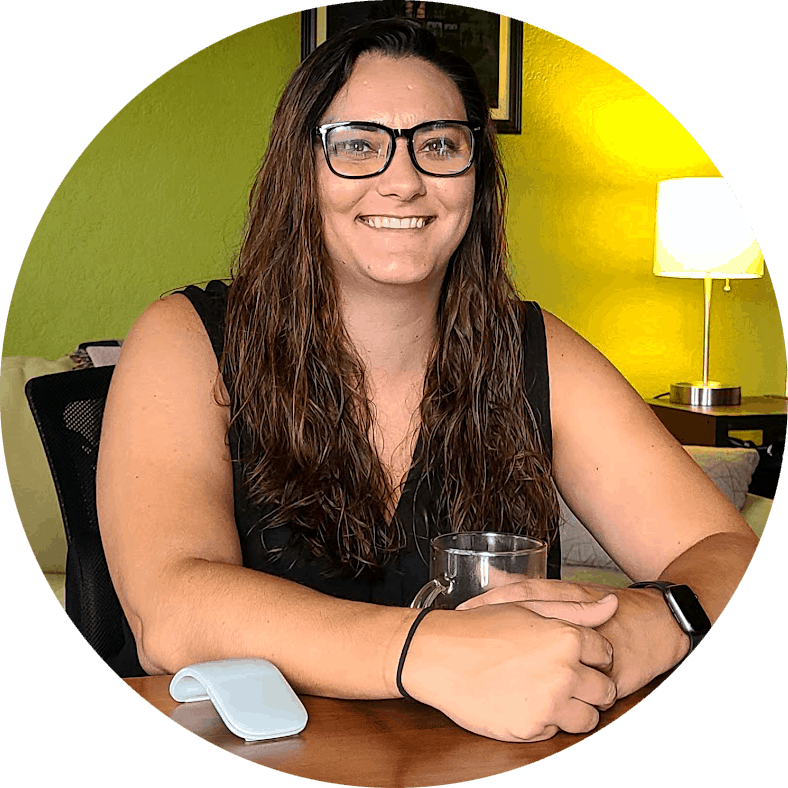Florida Focuses on Choice
The sunshine state has a comprehensive LTSS program that still has some work to do on value-based care
THE VBP Blog

The Florida MLTSS program is attractive in the choices it provides consumers. Read on to see our advocate’s perspective about the slower implementation of VBP programs.
The State of Florida jumped on the long-term care program in 2013 with their Statewide Medicaid Managed Care Long-Term Care Program (SMMC LTC). The program dubbed the “nursing home diversion program” was designed to keep the elderly in their homes and communities. The program offers long-term services and supports (LTSS) to disabled and elderly FL residents who require a higher level of care. With its wide range of benefits available, there are many options for eligible participants.
About Florida Statewide Medicaid Managed Care
The system has two major programs that make up the Statewide Medicaid Managed Care: The Managed Medical Assistance (MMA) and Long-term Care (LTC). MMA provides Medicaid-covered medical services like doctor visits, hospital care, prescription drugs, mental health care, and transportation to consumers. Most people on Medicaid will receive their care from a plan that covers MMA services. LTC provides Medicaid LTC services like care in a nursing facility, assisted living, or at home.
To be eligible for SMMC, participants must be 65 or older or between 18-64 and be designated as disabled. The services available through the program include adult day care, home-delivered meals, behavioral health supports, transportation, and durable medical equipment and supplies.
Florida Managed Care Roll Out
In 2011, Florida redesigned its Medicaid program to an integrated managed care program. Officially approved by CMS in 2013, the §1915(b)(c) combination waiver was set to be effective from July 2013 through June 2016. During that time, the state phased out the older programs and transitioned eligible recipients to the new SMMC LTC system.
The new program divides Florida into 11 regions with multiple Managed Care Organizations (MCOs) that provide services across those regions. Each MCO has a network of care providers and programs that apply to a given consumer. Having 11 regions gives the consumer choice and the MCOs provide a choice coordinator to help them make a decision. These 11 regions are aligned with Area Agencies on Aging and also operate as Aging and Disability Resource Centers (ADRCs), which function as a single, coordination system for information and access for Floridians seeking resources.
Not everyone eligible in the state automatically gains a spot in the program. There are limited spots available, and this has created waiting lists for some consumers. However, in late 2020 a report that the nearly 60,000, of which only about 1,600 are high-risk, that are on that list would be dramatically reduced. The latest report shows that even after $95M was infused, there is still a waitlist of about 22,000.
Care Coordination
With consumer choice of MCO’s and providers being a highlight, this does allow eligible participants to work with a from the MCO who provides a comprehensive assessment of needs. A care plan is created, offering options to stay at home, go to adult day care, nursing home, etc. and what care each environment can offer them. Once the plan is created, a network of providers is offered. Family members or friends can also be hired to help with care needs.
The Florida Agency for Health Care Administration (AHCA) also provides a Program of All-inclusive Care for the Elderly (PACE) for adults 55 and older. This organization provides primary care, social, restorative, and support services for Medicaid and Medicare-eligible individuals. As of September of 2021, there has been a budget proposal to shift the $33.8M program to the state Agency for Health Care Administration.
Program Extension and Changes
In 2016, there were over 3 million Medicaid beneficiaries enrolled in managed care, 94,000 of which were receiving LTSS benefits. That same year, the Florida Agency for Health Care Administration (AHCA) submitted an extension for the waiver until 2022. The waiver has proven to improve outcomes while controlling costs for its participants.
In 2018, ACHA awarded contracts to nine MCOs to provide both MMA and LTC to over 3 million participants in the state. The contracts run for 5 years and continue to prioritize home and community-based services (HCBS). Coventry Health Care of Florida (Aetna); Florida Community Care; Horizon Health Plan; Humana; Sunshine State Health Plan (Centene); South Florida Community Care Network; UnitedHealthcare of Florida; and WellCare of Florida (Centers). Florida has committed to getting re-bids every five years to ensure the success and effectiveness of the managed care program.
Value-based Systems Coming
In June of 2021, health care leaders in Florida got together to discuss how they can pave a road for value-based systems in the state. There are currently spotty programs throughout the provider networks including maternal health and physical health opportunities. However, the topic of conversation was the need to standardize approaches, incorporating the social determinants of health in VBP models, and analysis of trends and benchmarks as programs are developed. This is not an unusual discussion around the US when it comes to the implementation of VBP programs. Florida can build the requirements into the MCO contracts.
Advocate’s Perspective
For the over 3 million people receiving these services, Florida has built a comprehensive Medicaid managed care program. For LTSS recipients, there are a variety of options, ensuring consumer choice is a true highlight. Their strong care coordination system, focus on HCBS services, and diverse network of providers creates positive support. However, the long wait times and limited spots can be problematic, especially as the population needing services will only rise in the coming years.
We also observe that a mature program would have begun the implementation of effective VBP programs to support consumers in the community, and to reinvest the savings achieved through these programs to address the long waiting lists.
Onward!
Share This Blog!
Get even more insights on Linkedin & Twitter

About the Author
Fady Sahhar brings over 30 years of senior management experience working with major multinational companies including Sara Lee, Mobil Oil, Tenneco Packaging, Pactiv, Progressive Insurance, Transitions Optical, PPG Industries and Essilor (France).
His corporate responsibilities included new product development, strategic planning, marketing management, and global sales. He has developed a number of global communications networks, launched products in over 45 countries, and managed a number of branded patented products.

About the Co-Author
Mandy Sahhar provides experience in digital marketing, event management, and business development. Her background has allowed her to get in on the ground floor of marketing efforts including website design, content marketing, and trade show planning. Through her modern approach, she focuses on bringing businesses into the new digital age of marketing through unique approaches and focused content creation. With a passion for communications, she can bring a fresh perspective to an ever-changing industry. Mandy has an MBA with a marketing concentration from Canisius College.